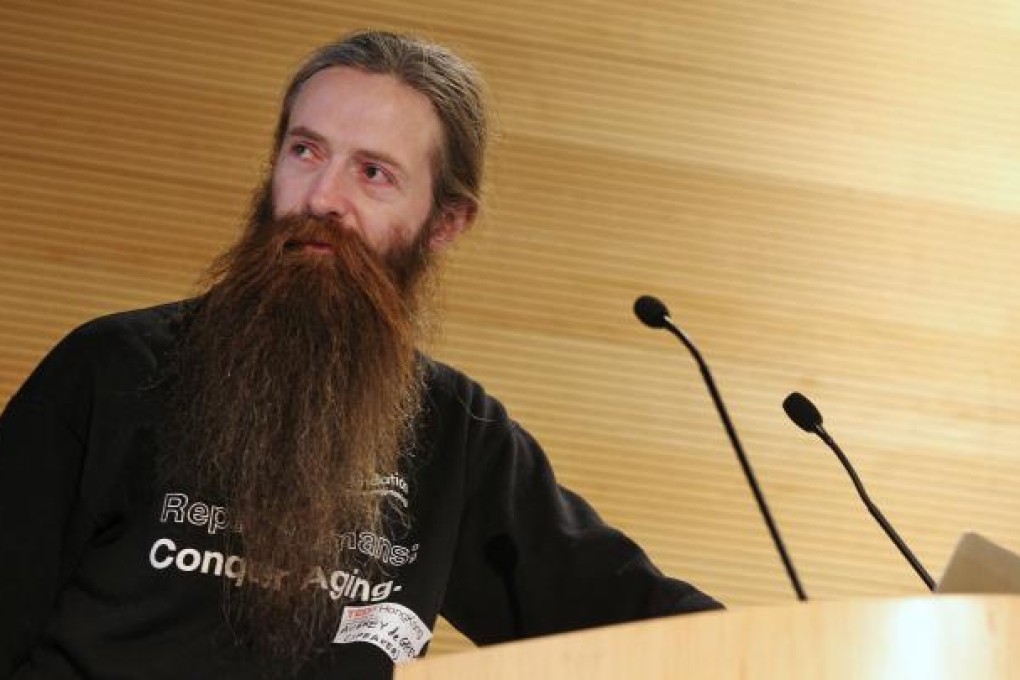Is a 'cure' for ageing the ultimate medical breakthrough?
Peter Singer says the potential pay-off is big enough to justify backing research

On which problems should we focus research in medicine and the biological sciences? There is a strong argument for tackling the diseases that kill the most people - diseases like malaria and measles, which kill millions in developing countries. Developed countries, however, devote most of their research funds to the diseases from which their citizens suffer.
So, which medical breakthrough would do the most to improve our lives?
If your first thought is "a cure for cancer", think again. Aubrey de Grey, chief science officer of the Sens Foundation and a prominent advocate of anti-ageing research, argues that it makes no sense to spend the vast majority of our medical resources on trying to combat the diseases of ageing without tackling ageing itself.
De Grey believes that even modest progress over the coming decade could lead to a dramatic extension of the human lifespan. All we need to do is reach the "longevity escape velocity" - the point at which we can extend life sufficiently to allow time for further progress to permit additional extensions. Speaking recently at Princeton University, de Grey said: "We don't know how old the first person who will live to 150 is today, but the first person to live to 1,000 is almost certainly less than 20 years younger."
But we also need to pose the ethical question: Are we being selfish in seeking to extend our lives so dramatically?
If we discover how to slow ageing, we might have a world in which the poor majority must face death at a time when members of the rich minority are only one-tenth of the way through their expected lifespans. That disparity is one reason to believe that it would increase the stock of injustice in the world. Another is that if people continue to be born, while others do not die, the planet's population will increase at an even faster rate than it is now.